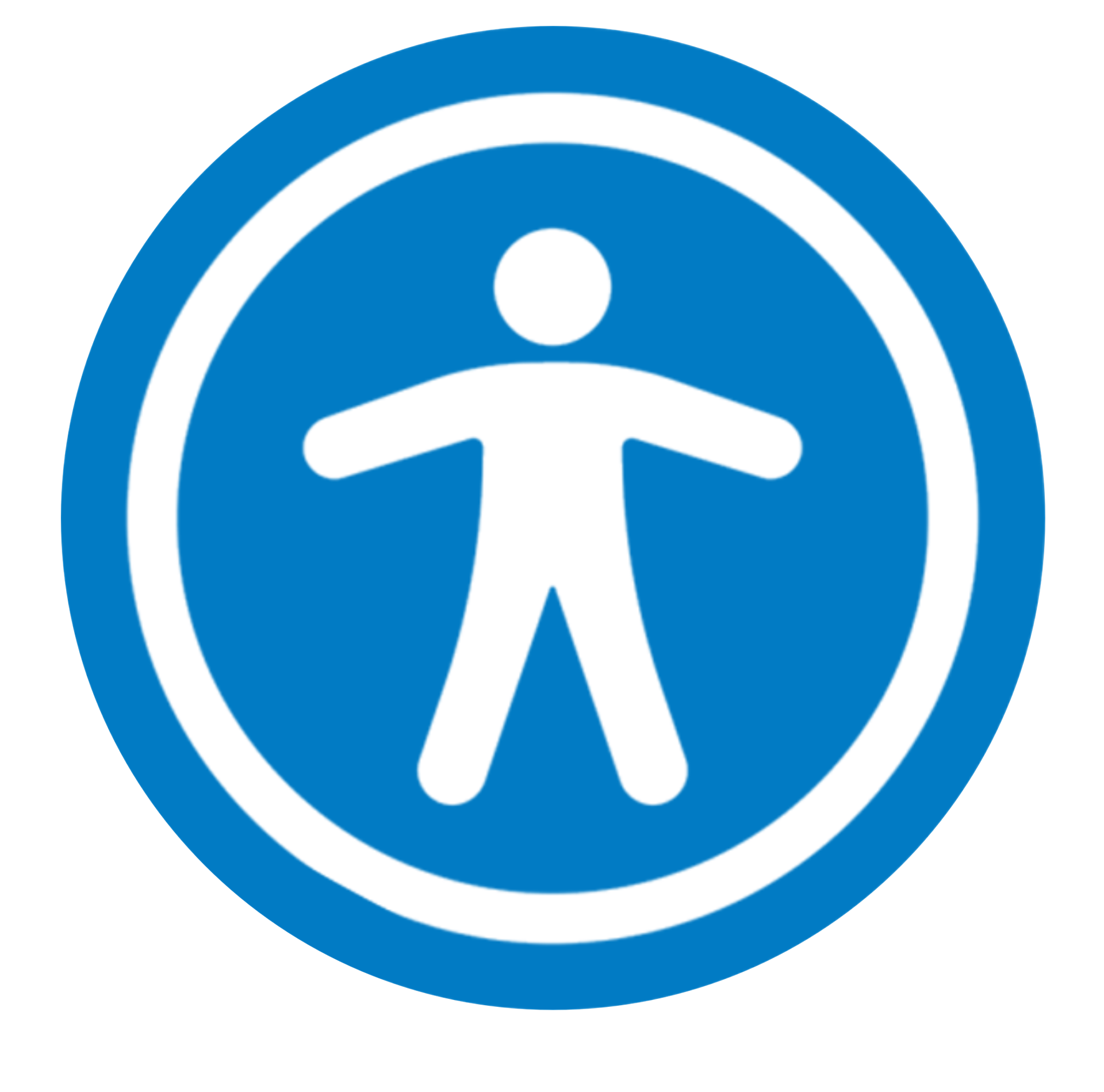You are here: Mental Health Challenges/adults/MH/mental-health
Psychosis
What is Psychosis?
Psychosis is when people lose some contact with reality. this can involve hearing or seeing things that other people can't and believing things that are not actually true.
What are the symptoms of Psychosis?+
Psychosis has 2 main symptoms:
- Hallucinations – this is where a person sees, hears and, sometimes, feels smells or tastes things that don't exist outside their mind, but they can feel very real to the person who is affected by them. A common example of this is hearing voices.
- Delusions – this is where a person has strong beliefs that are not shared by others. A common delusion is someone believing there's a conspiracy to harm them
The combination of these symptoms can cause severe distress and changes in behaviour. Experiencing the symptoms of psychosis is often referred to as having a psychotic episode.
Causes of psychosis +
It's sometimes possible to identify the cause of psychosis as a specific mental health condition, such as:
- schizophrenia – a condition that causes a range of psychological symptoms, including hallucinations and delusions
- bipolar disorder – a mental health condition that affects mood; a person with bipolar disorder can have episodes of low mood (depression) and highs or elated mood (mania)
- severe depression – some people with depression also have symptoms of psychosis when they're very depressed
Psychosis can also be triggered by:
How often a psychotic episode occurs and how long it lasts can depend on the underlying cause.
Treating psychosis +
Treatment for psychosis involves using a combination of:
- antipsychotic medicine – which can help relieve the symptoms of psychosis
- psychological therapies – the 1-to-1 talking therapy cognitive behavioural therapy (CBT) has proved successful in helping people with psychosis, and family interventions (a form of therapy that may involve partners, family members and close friends) have been shown to reduce the need for hospital treatment in people with psychosis
- social support – support with social needs, such as education, employment or accommodation
Some people are recommended to take antipsychotics on a long-term basis (and possibly for the rest of their lives). Other people may be able to gradually reduce their dosage and then stop taking them altogether if there is a marked improvement in symptoms.
Do not stop suddenly taking any prescribed medicines as this could trigger a relapse of your symptoms.
If a person's psychotic episodes are severe, they may need to be admitted to a psychiatric hospital for treatment.
Who can help? +
If you or someone you know is experiencing symptoms of psychosis, see your GP as soon as possible. The earlier psychosis is treated, the better. It's usually diagnosed after an assessment by a mental health care professional, such as a psychiatrist.
Mental health challenges are common but help is available and with the right support many people recover completely. Check out our Support Services Page for lots of services who are local and national!
*Some information gathered from www.nhs.uk and the services listed.

